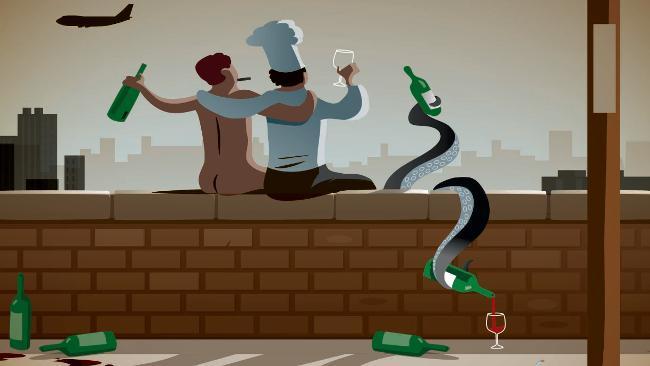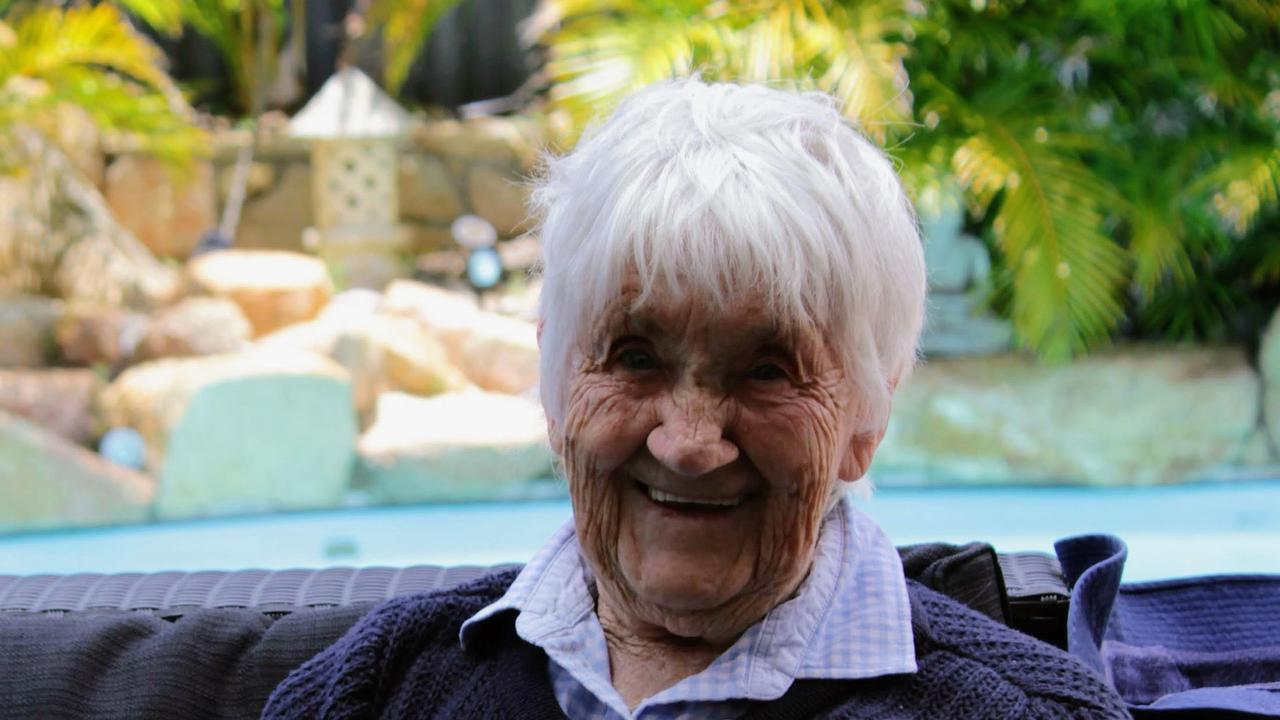Never mind the octopus
"AS for living," cries Axel, suicidal hero of Villiers de L'Isle-Adam's notorious 19th-century drama, "our servants will do that for us."

"AS for living," cries Axel, suicidal hero of Villiers de L'Isle-Adam's notorious 19th-century drama, "our servants will do that for us."
The aristocratic Frenchman meant it, too. He was a writer contemptuous of mediocrity: a decadent idealist whose characters chose death over the dreariness of a world ruled by science and commerce. English critic A.J.A. Symons wrote that:
Satire, with him, is the revenge of beauty upon ugliness, the persecution of the ugly; it is not merely social satire, it is a satire on the material universe by one who believes in a spiritual universe.
It is hard to read Lights Out in Wonderland without being reminded of Axel and his bohemian creator. DBC Pierre has said the inspiration for his second novel, Ludmilla's Broken English, was his "disbelief at the way things are in the world and the amount of shit we swallow about how things are supposed to be". His new fiction takes this wounded idealism to its limit, then a little beyond. Lights Out in Wonderland opens at full volume, with the narrator's decision to kill himself: as soon as he has broken out of the country-house rehab facility in which his father has placed him and met up with his oldest friend and fellow carouser for a final orgy of food, wine and controlled substances, that is.
Gabriel Brockwell introduces himself as a gen Y decadent: a young aesthete whose deep feeling for the beautiful things of the world is constantly checked by the tentacular reach of capitalism. By deciding on suicide he has cleared a space -- Limbo, he calls it, in which death is "an empty stage lit waiting" -- where money and its many blandishments can be embraced without guilt or despair.
It is a clever set-up and launched with some flair; Gabriel's sharp mind and wicked tongue provide his manifest self-indulgence just enough cover to make his anti-quest one the reader barracks for. When he claims that the need of this assortment of neo-Californian extremists to patronise, wield authority and lord false compassion over others represents "a more breathtaking and sinister disturbance of character than anything that I can aspire to", we're willing to give him the benefit of the doubt.
Freed of the clinic's repressive confines, however, Gabriel quickly burns through the goodwill: stealing money from the anarchist group of which he had been an inept member and spending it on a quantity of drugs; that, and a flight to Tokyo where his old friend Smuts, a handsome and talented chef with a wild streak, has taken up restaurant work.
It would give plot a bad name to continue treating the ragged assemblage of set pieces and narrative stunts that follows as a coherent progression of events; suffice to say there are moments of real wit and in-your-face outrageousness when the two friends press their self-destruct buttons. Nonetheless, I shall attempt to be the sole reviewer in the Western world who does not linger over the moment when a wired and drunken Smuts has energetic sex with a Japanese schoolgirl in an oversized restaurant fish tank occupied by an octopus.
Unlike Smuts, Pierre's problem is that he peaks too soon. Although Gabriel is given to espousing a subtle Epicureanism, the book itself confuses gourmandism with over-indulgence and by the time the novel reaches its halfway point there is nowhere else to go but down.
The author, no doubt sensing this, re-inflates the story with an even more epic event: a decadent banquet to end all banquets, to be held by Smuts's shadowy backer in Berlin, the vast space of Templehof airport's main building, at one time one of the largest buildings in the world. It is Gabriel who must find a way to ensure access to the venue, by returning to the city where he spent his earliest years and finding his father's former business partner, club king Gerd Specht.
While Pierre takes pains to rehabilitate Gabriel's personality in these closing chapters, the reader has all but given up on him. Not because of his badness, which, since he is a damaged idealist, we are of course meant to view indulgently; but because of his monotonousness. There are only so many descriptions of fine wines gargled for breakfast and general crapulousness we can be enthralled by, particularly when these incidents a stuck together with the well-chewed gum of Hamburg School Marxism.
And though there are some sharp observations nestled among the anti-capitalist bromides, the writing itself increasingly slackens and, with it, Gabriel's clarity as a character, a shambling zombie of recurrent tics given to "pining for home, my teeming isles, for a pie and chips, a pint and a game of darts".
It is just possible to see where Pierre is aiming here. In Martin Amis's Money, (subtitled, come to think of it, A Suicide Note) the great novel of capitalist excess, the author intrudes on the narrative to muddle the idea of authority. Who is in charge here, the reader wonders, Amis or his narrator, John Self?
By reminding us that Self is merely one dreary construct in an ocean of people formed by capitalism, by popular culture, rather than growing organically from some essential autonomous spark of being, Amis makes John Self a tragic figure, only dimly aware that he doesn't actually exist beyond appetites that outside forces have implanted in him:
Television is working on us. Film is. We're not sure how yet. We wait, and count the symptoms. There's a realism problem.
Yes, there is a realism problem. Lights Out in Wonderland begins as an extended riot act, read to capitalism in all its vicious guises, but ends as a half-baked bildungsroman, the growing into knowledge of a young man who has taken the wrong path.
Since the latter route is a more saleable we might add that Pierre's novel is less a defiant refusal of laissez-faire economics, in the perverse and noble spirit of Axel, than a craven capitulation to the exigencies of the marketplace.
Geordie Williamson is The Australian's chief literary critic.



